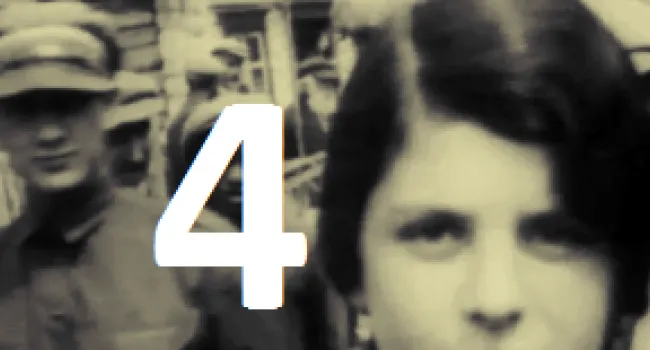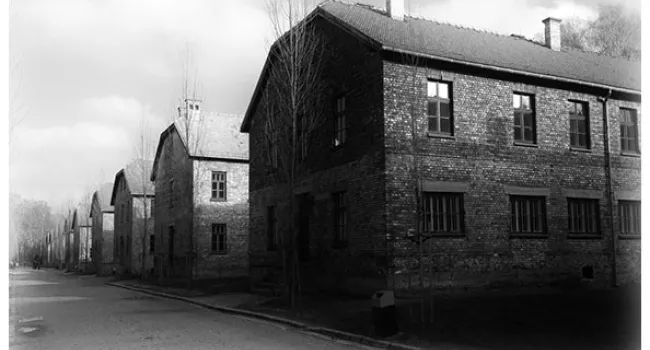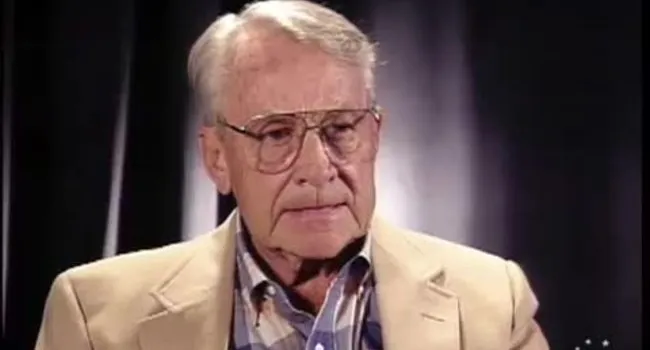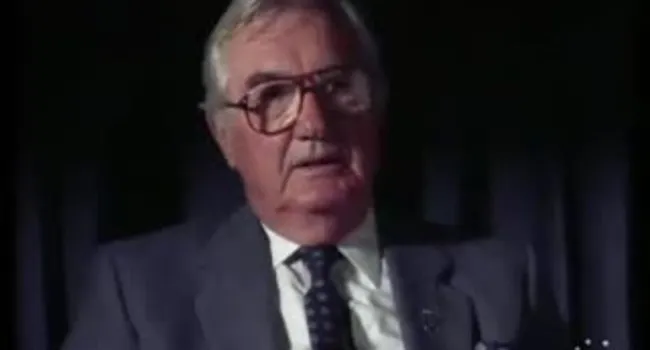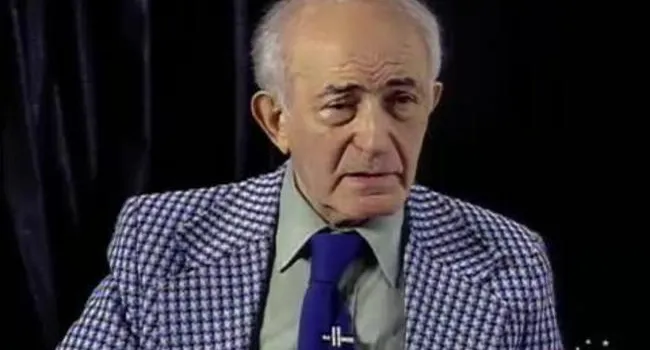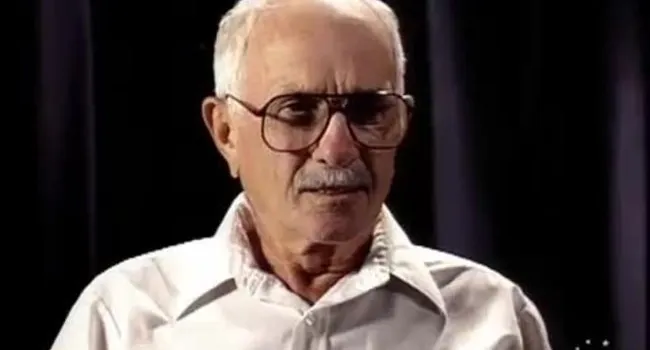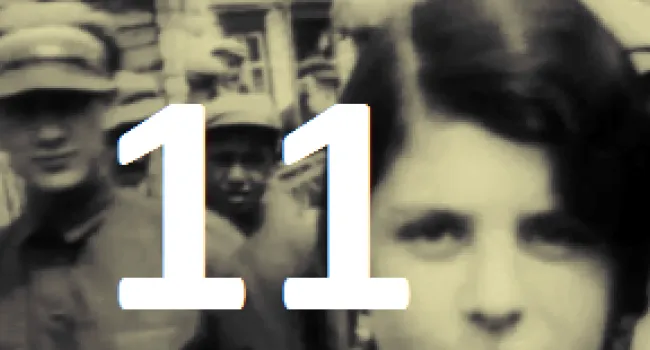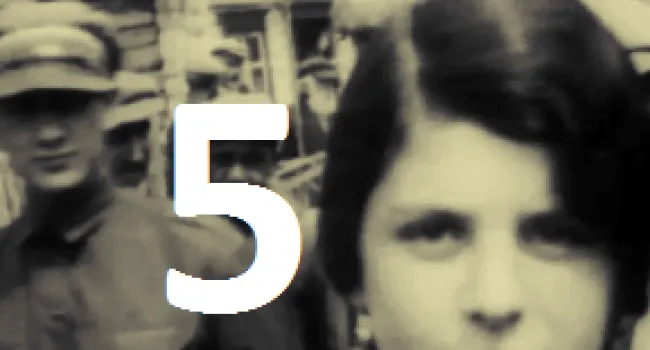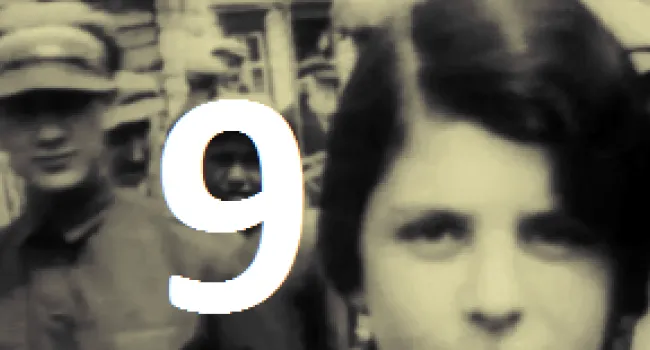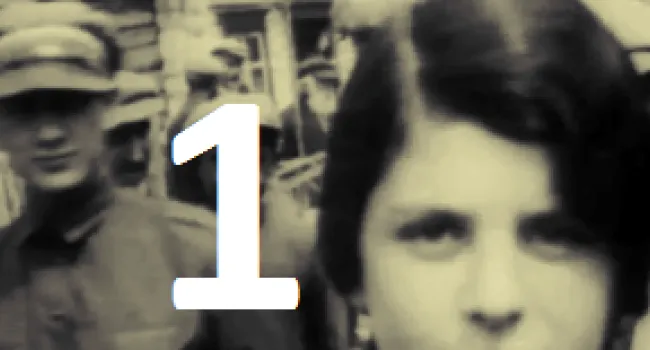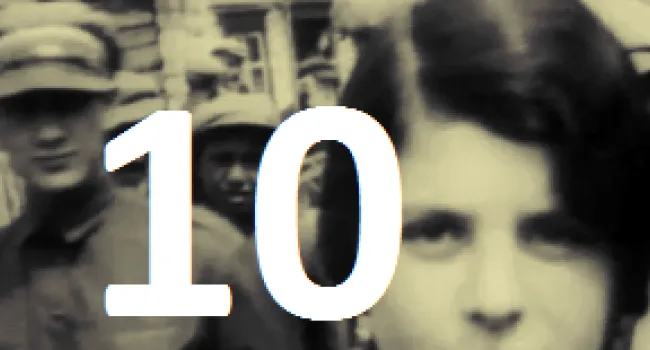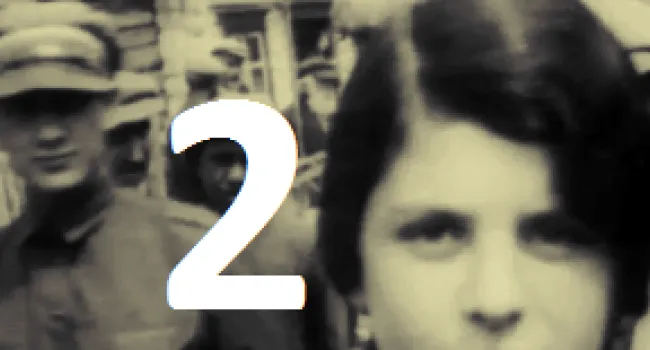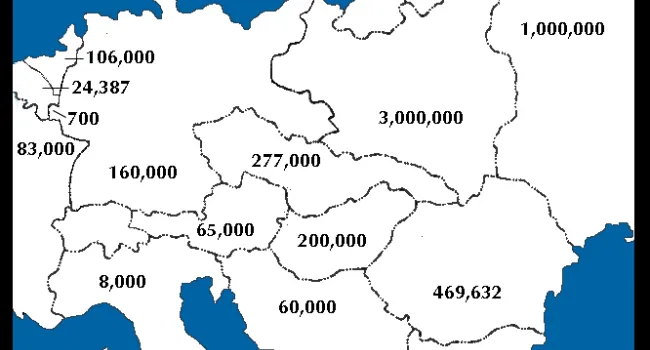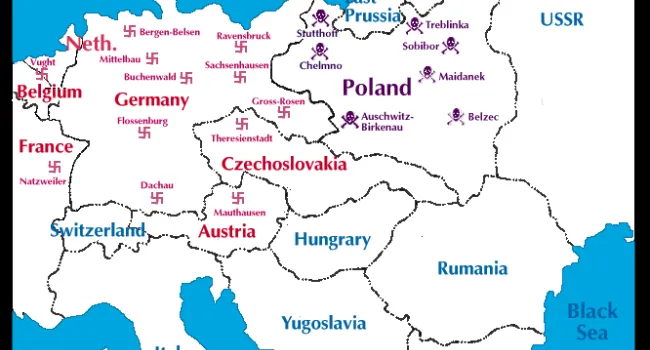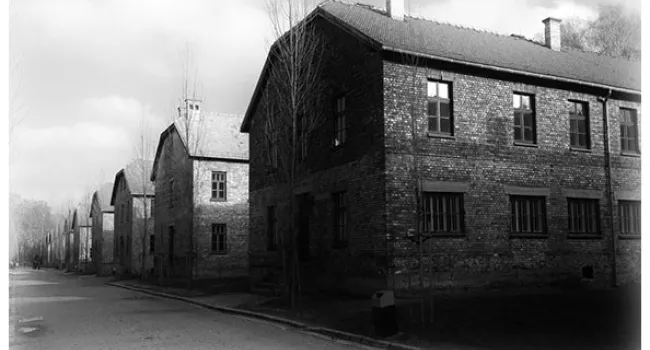Joe Engel was born near Warsaw, Poland in 1927. His father ran a luncheonette grocery. He went to public school in a small Jewish community and felt the animosity created by anti-Semitism. In 1942 all Jews were sent to work camps; families were separated. Engel doesn't know where his parents were sent. Most went to gas chambers, especially those who did not do their work. If quarters were not spic and span, they "beat the hell out of you." Many were buried alive and their graves burned. The smell of burning bodies was prominent. Every six months, there were mass killings and new prisoners arrived. In Auschwitz, Engel was a brick layer, building spaces in the crematoriums for new bodies. After Liberation, he returned to Poland but found no one he knew. He came to New York and eventually settled in Charleston, S.C.
Standards
- 5.3 Demonstrate an understanding of the economic, political, and social effects of World War II, the Holocaust, and their aftermath (i.e., 1930–1950) on the United States and South Carolina.
- 6.5.CE Explain the impact of nationalism on global conflicts and genocides in the 20th and 21st centuries.
- 7-4 The student will demonstrate an understanding of the causes and effects of world conflicts in the first half of the twentieth century.
- The influence of both world wars and the worldwide Great Depression are still evident. To understand the effects these events had on the modern world, the student will utilize the knowledge and skills set forth in the following indicators:
- 7-4.5 Summarize the causes and course of World War II, including drives for empire, appeasement and isolationism, the invasion of Poland, the Battle of Britain, the invasion of the Soviet Union, the "Final Solution," the Lend-Lease program, Pearl Harbo...
- 7-4.6 Analyze the Holocaust and its impact on European society and Jewish culture, including Nazi policies to eliminate the Jews and other minorities, the Nuremberg trials, the Universal Declaration of Human Rights, the rise of nationalism in Southwest...
- The influence of both world wars and the worldwide Great Depression are still evident. To understand the effects these events had on the modern world, the student will utilize the knowledge and skills set forth in the following indicators:
- 8.5.CO Compare South Carolina and U.S. wartime contributions and demobilization after World War II.
- This indicator is intended to encourage inquiry into the significant causes of World War I and the impacts of the Treaty of Versailles, including its failure to prevent future global conflicts.
- USHC-7 The student will demonstrate an understanding of the impact of World War II on the United States and the nation’s subsequent role in the world.

